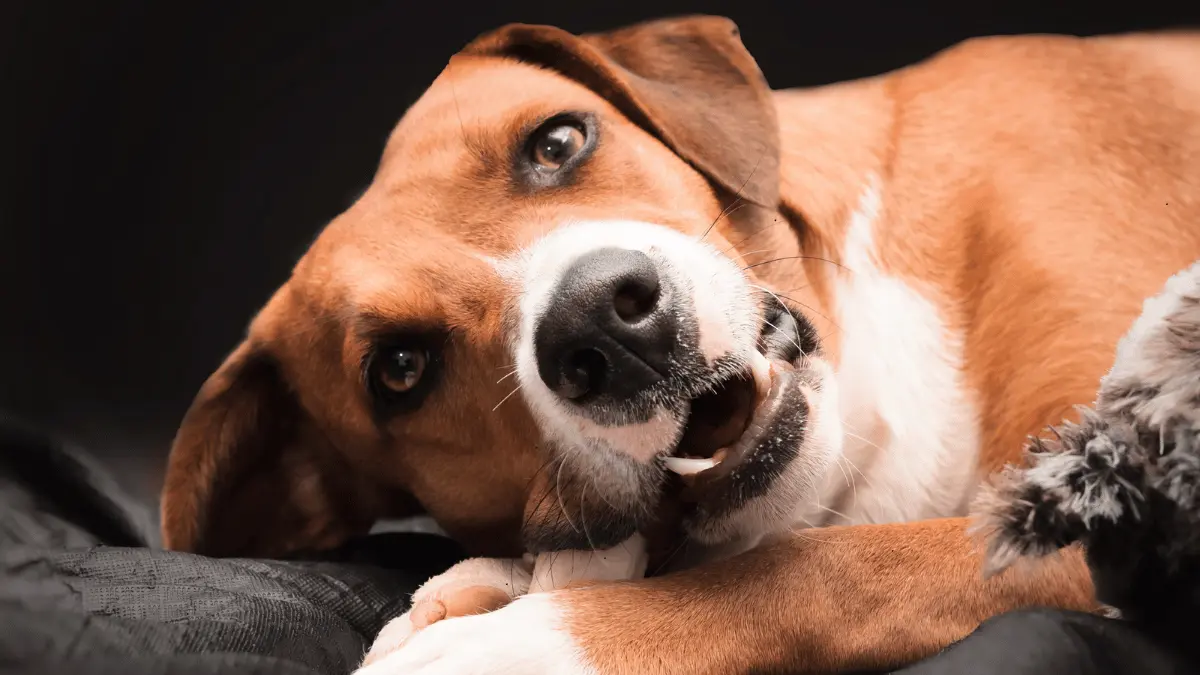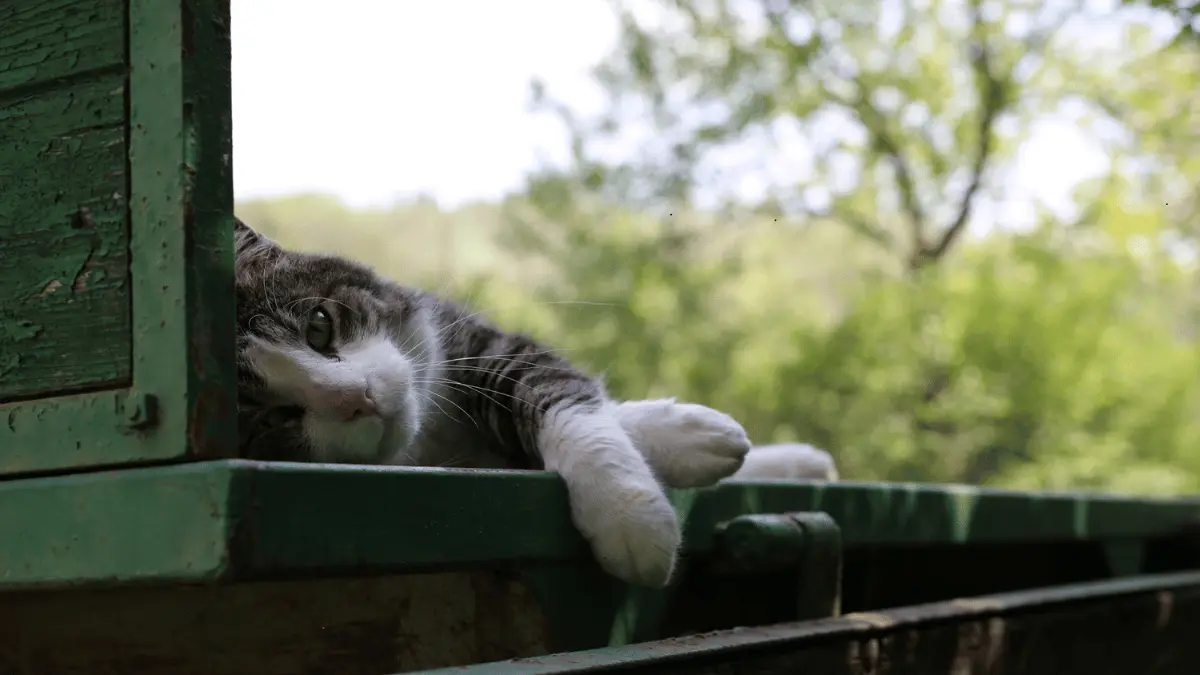The Crucial Role of Socialization in Puppy Development and Behavior
Shape a well-rounded pup! Learn about the vital role of socialization in puppy development and behavior for a happy and balanced companion.
Socialization plays a vital role in the development of puppies, regardless of whether their pet parents actively participate in the process. The primary focus of any socialization program is to guide puppies in making friends and integrating into their pack. Through carefully planned socialization experiences both inside and outside the home, puppies can lay the foundation for successful training and minimize the risk of behavioral issues, such as separation anxiety, as they mature. In this article, we explore the importance of socialization in puppy development and its impact on their behavior.
Building Social Bonds and Pack Membership
Socialization programs aim to facilitate the formation of social bonds and enable puppies to become members of their pack. By exposing them to different individuals, animals, and environments, puppies learn how to interact appropriately, communicate effectively, and develop their social skills. This process establishes a sense of belonging and lays the groundwork for healthy relationships with both humans and other animals.
Setting the Stage for Successful Training
Proper socialization sets the stage for successful training endeavors. Puppies who have been exposed to various stimuli, such as different sounds, sights, and experiences, are more receptive to learning and adapting to new situations. They are more likely to respond positively to training cues and commands, making the training process smoother and more effective.
Reducing the Risk of Behavioral Issues
Early and comprehensive socialization greatly reduces the likelihood of developing behavioral issues in puppies. By exposing them to a wide range of people, animals, and environments, puppies become accustomed to novel situations, reducing the likelihood of fear, anxiety, and aggression. This proactive approach minimizes the risk of behavioral problems, including separation anxiety, as the puppy matures into adulthood.
Inside and Outside Socialization Experiences
Effective socialization programs incorporate both inside and outside experiences. Inside the home, puppies should be exposed to various household stimuli, such as different sounds, surfaces, and objects. They should interact with family members, visitors, and other pets in a controlled and positive manner. Outside the home, supervised interactions with unfamiliar humans and animals, exposure to different environments, and encounters with diverse situations contribute to a well-rounded socialization experience.
The Role of Pet Parents
Active participation from pet parents is essential in the socialization process. They should provide a supportive and nurturing environment, exposing their puppies to positive experiences while ensuring their safety. Pet parents can engage in interactive play, introduce their puppies to new environments, and gradually increase the complexity of social interactions. Consistency, patience, and positive reinforcement are key elements in fostering successful socialization.
Seeking Professional Guidance
In some cases, seeking professional guidance from certified trainers or behaviorists can greatly assist in the socialization process. These experts can offer tailored advice, techniques, and training plans to address specific challenges and ensure that puppies receive the most beneficial socialization experiences.
Conclusion
Socialization plays a fundamental role in the development and behavior of puppies. By providing them with diverse social experiences, both inside and outside the home, we set the stage for successful training and minimize the risk of behavioral issues. Pet parents have a crucial role to play in actively participating in the socialization process, while seeking professional guidance when needed. By prioritizing socialization, we can help puppies grow into well-adjusted, confident, and happy adult dogs, capable of forming positive relationships with humans and other animals.
FAQs:
1. Why is socialization crucial in puppy development and behavior?
Socialization is crucial in puppy development and behavior because it helps them learn how to interact with other dogs, animals, and humans. It promotes confidence, reduces fear and aggression, and lays the foundation for well-rounded and adaptable adult dogs.
2. When should I start socializing my puppy?
It’s important to start socializing your puppy as early as possible. The critical socialization period for puppies is between 3 and 14 weeks of age, during which they are most receptive to new experiences and learning. However, socialization should continue throughout their lives.
3. What are some essential aspects of puppy socialization?
Essential aspects of puppy socialization include exposure to various environments, sounds, people of different ages and appearances, other dogs, and different stimuli. Positive experiences during socialization help puppies build positive associations and develop good behavior and coping skills.
4. How can I effectively socialize my puppy?
You can effectively socialize your puppy by gradually exposing them to new experiences in a controlled and positive manner. This can include supervised interactions with well-mannered dogs, visits to different places, obedience training classes, and exposure to different sights, sounds, and textures.
5. What are the potential consequences of inadequate socialization for puppies?
Inadequate socialization for puppies can lead to behavioral problems such as fearfulness, aggression, anxiety, and difficulty adapting to new situations. These issues can impact their overall well-being and the quality of their interactions with other animals and people. Proper socialization is key to preventing these challenges.














